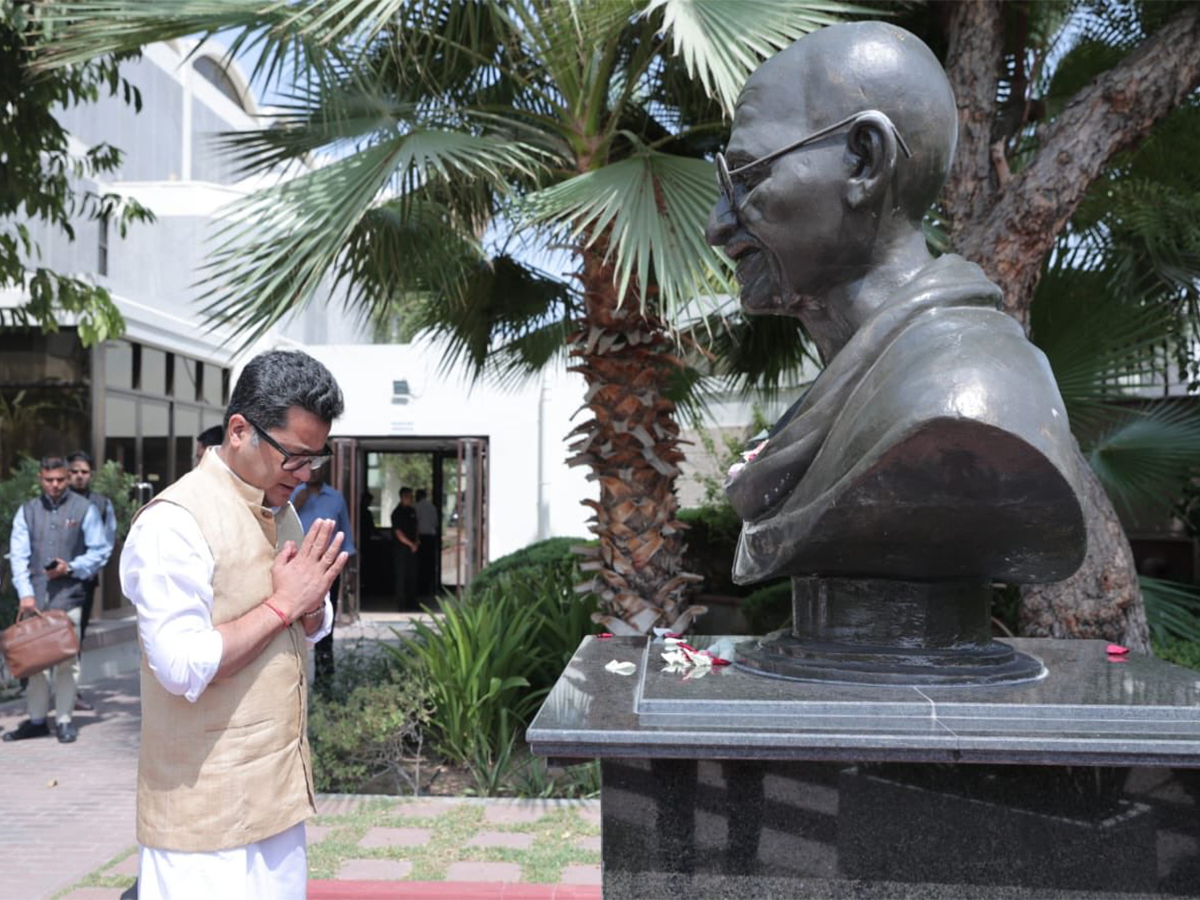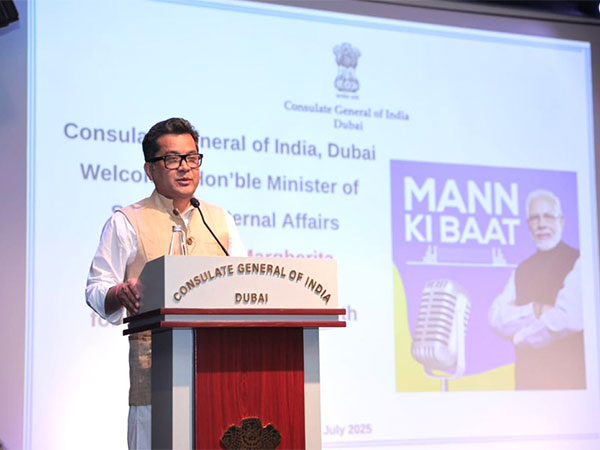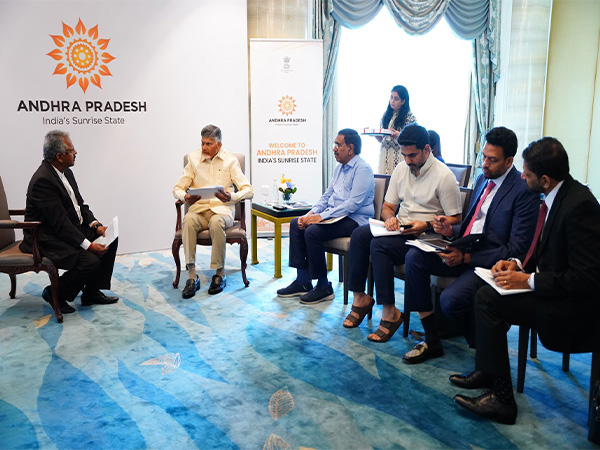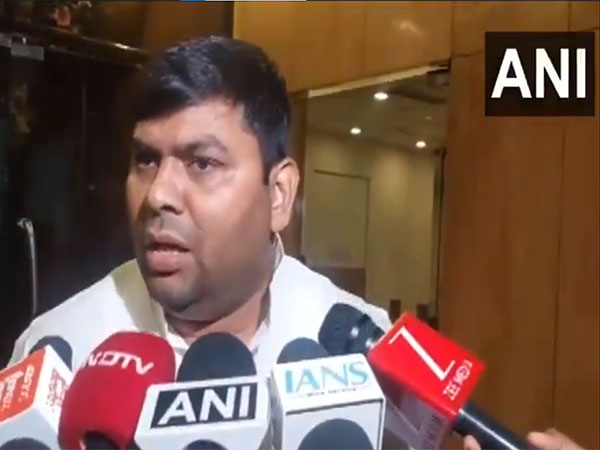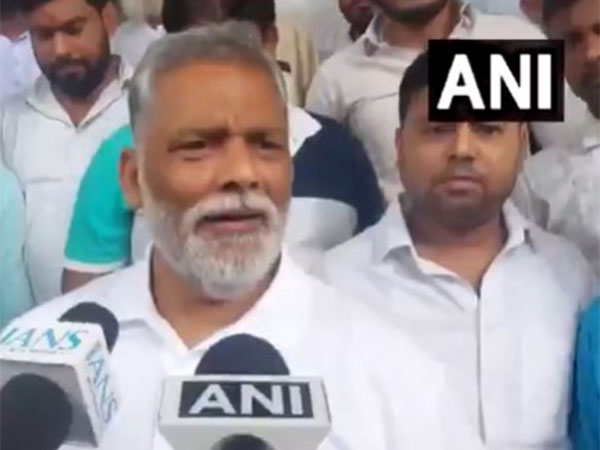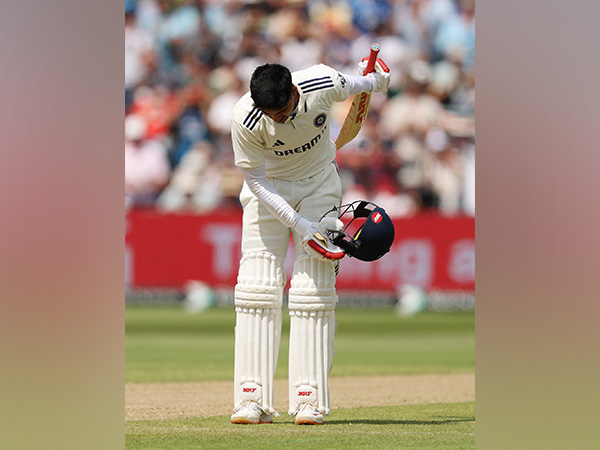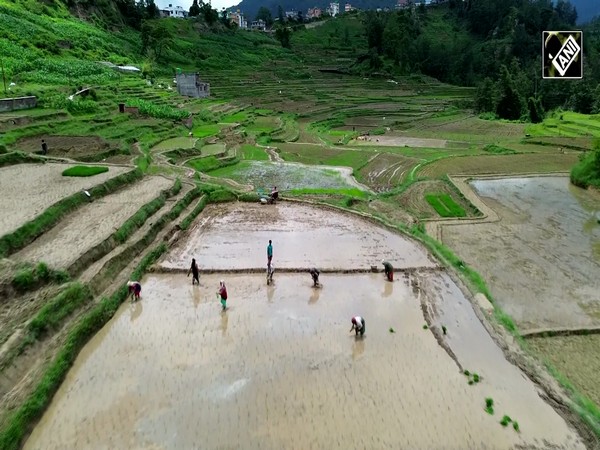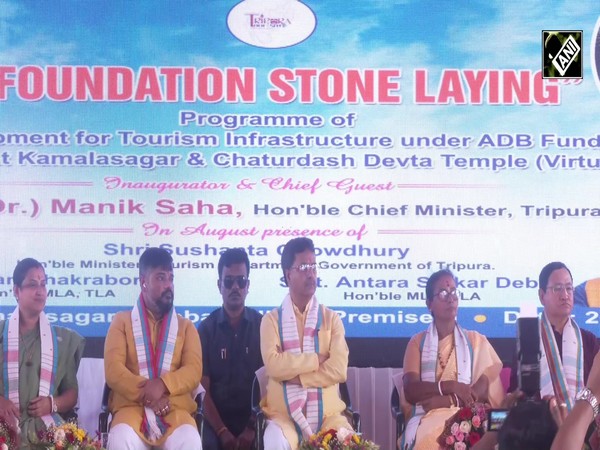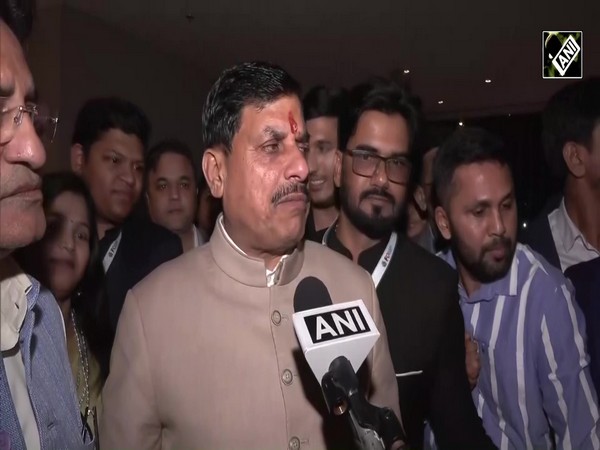India has 'scale, sophistication' to recalibrate economic relations with China: Economists
Jul 07, 2020

Canberra [Australia], July 07 : India has the 'scale and sophistication' to recalibrate its economic relationship with China such that deeper interdependence reduces New Delhi's economic vulnerability, say economists.
In an article in East Asia Forum, Suman Bery, a non-resident fellow at the Brussels-based think tank Bruegel, and Alicia Garcia-Herrero, Chief Economist for the Asia Pacific at Natixis, wrote that Indian government is under massive pressure to retaliate for the deaths of 20 Indian soldiers in a border clash with China. The economists are of the view that India's broader interest is not to reduce its engagement with China.
"India has the scale and sophistication to recalibrate its economic relationship with China such that deeper interdependence reduces, rather than increases, New Delhi's economic vulnerability," the economists write.
Bery and Alicia say that clamours have been growing in India to review economic and strategic relationship with China ever since Prime Minister Narendra Modi's re-election in 2019.
The calls for India to reduce its economic engagement with China amplified following the faceoff between the India and Chinese troops in Galwan Valley last month.
In its first significant action since the clash, the Indian government invoked concerns on privacy and national security to block 59 mobile apps originating from China. For many of these, the Indian market is already as important as the Chinese and is an important factor for sustaining their market valuations.
More recently, India has put in place regulatory restrictions on portfolio investment by Chinese companies in Indian-domiciled firms.
"Beijing's strong military and financial support of India's rival Pakistan caused New Delhi to reject repeated invitations to join China's signature Belt and Road Initiative. Beijing taking a more assertive posture on security matters in the South China Sea and the Indian Ocean -- both waterways of considerable significance to India -- also compounded the situation," the economists note.
An important marker of New Delhi's deepening concerns was the decision announced by Modi while at a summit in Bangkok in November 2019 that India would not participate in the final negotiations of the Regional Comprehensive Economic Partnership (RCEP).
The economists further suggest that if New Delhi wants to maintain distance from both the United States and China, then its best option is to engage with coalitions of 'middle powers' that share some of India's concerns on the non-market behaviour of Chinese entities while maintaining commercial contact with China.
"Europe has been working (with the WTO) to develop disciplines on state-owned enterprises and investments in strategic sectors without imposing blanket bans, though similar disciplines may then be imposed on India in its negotiations with the European Union. Were India to reconsider engaging with RCEP, this would allow it to cooperate with Japan, Australia and South Korea in fashioning relevant rules," Bery and Alicia say.
"As the saying goes, for things to stay the same, everything needs to change. Deaths at the Ladakh border may require the Modi government to rethink its path to self-reliance," they added.

